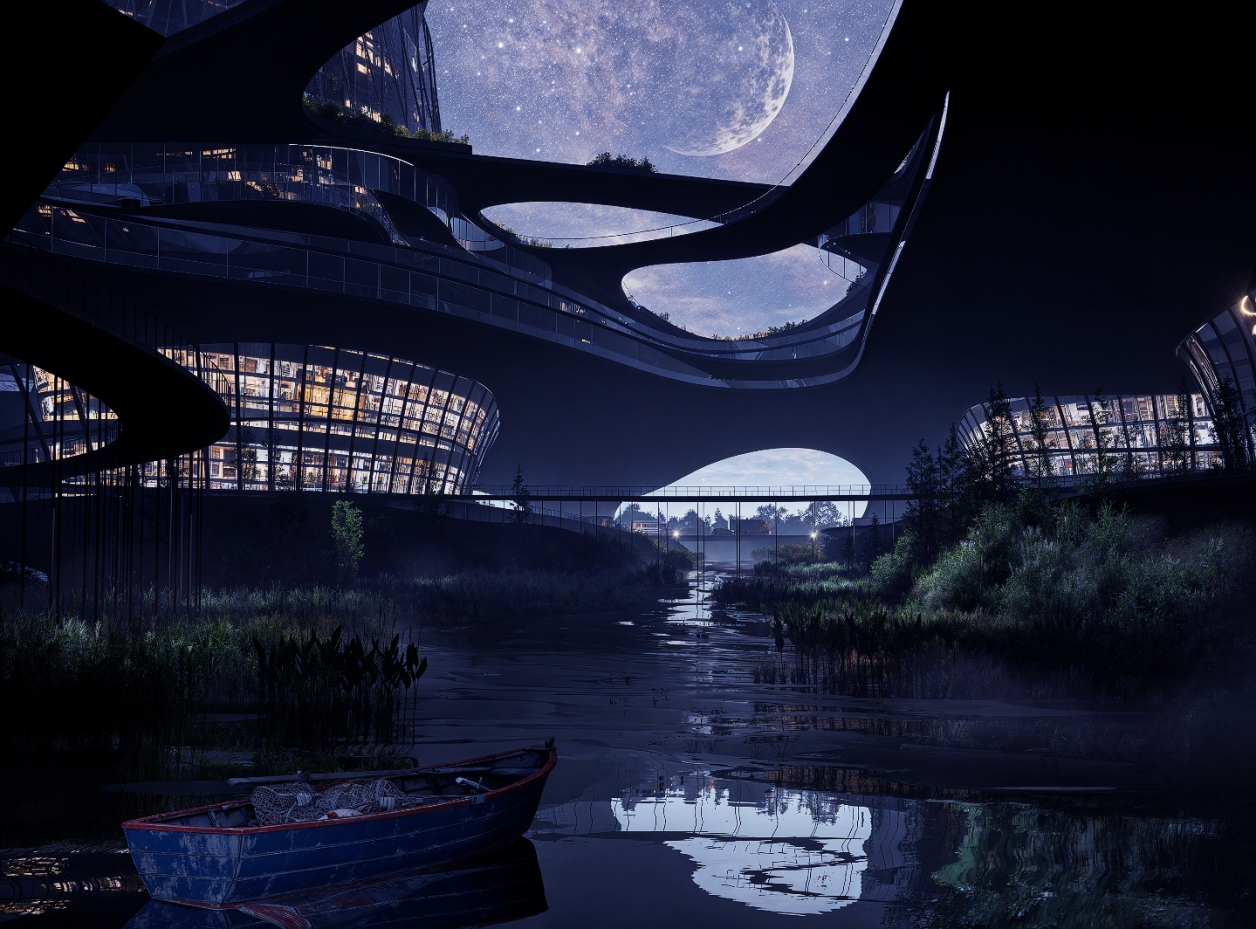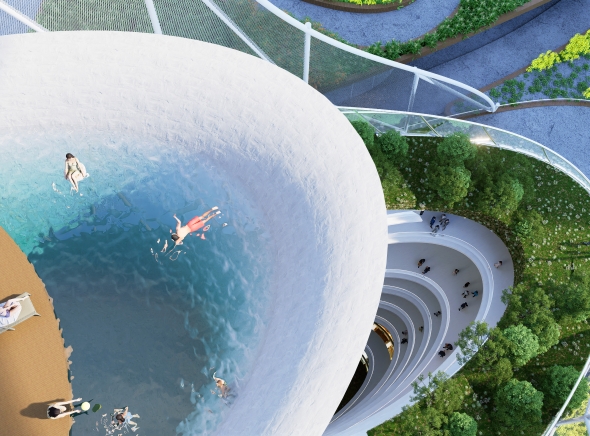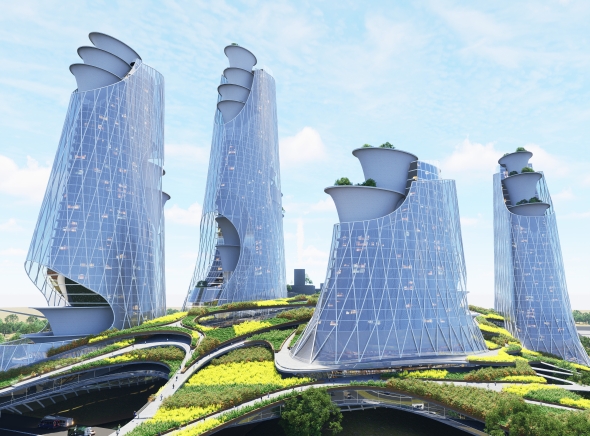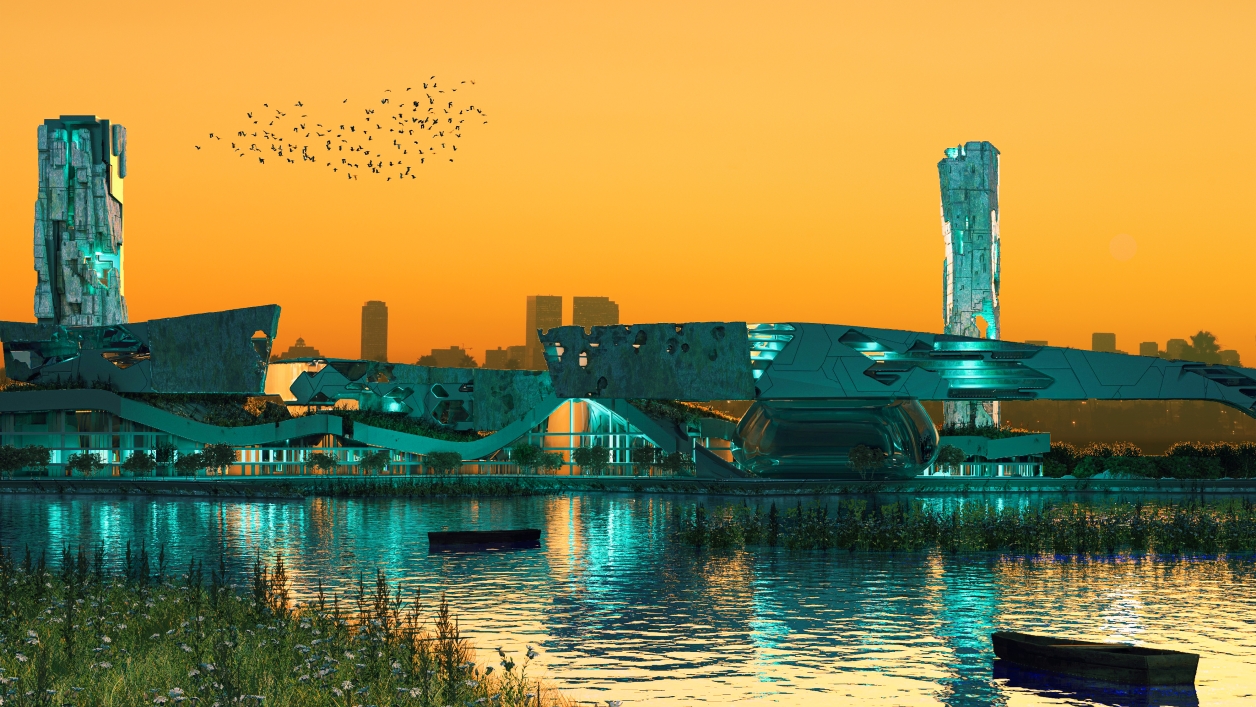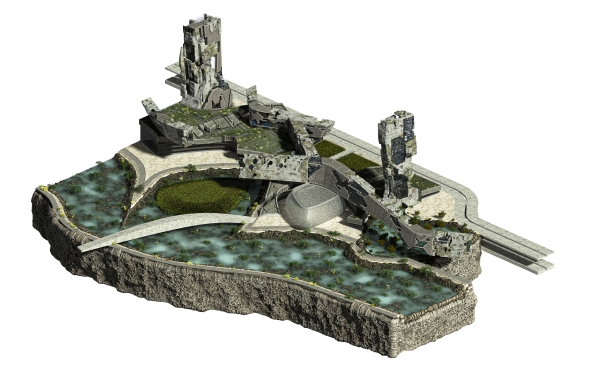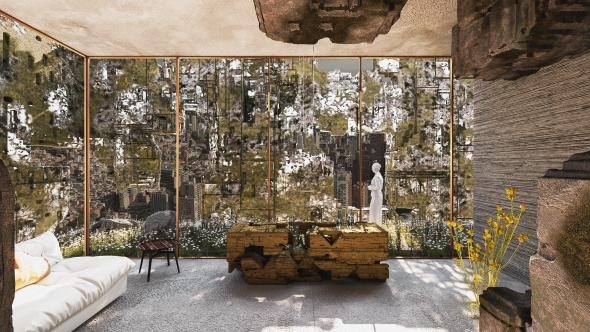Bogota: A Study of Happiness
The studio is in collaboration with the Bogota Biennale [BBAC25], which will be held Fall 2025. Students analyze hydrology in the city and “happiness” of urban living. The site is the Rio Fucha, a polluted canalized river which runs through Bogota’s under-privileged areas with low density housing. Poor communities in cities worldwide, especially in tropical regions, have long depended on urban food cultivation through home gardens. In the US, around 42 million households, representing 35% of the total, engage in food growing at home or in community gardens, spending approximately $3.5 billion in 2013. Employment in urban green infrastructure maintenance, including gardening and conservation, contributes to a low-carbon green economy. For many low-income urban communities, agriculture serves as a vital livelihood strategy, providing basic food needs or income through crop sales and urban farm labor opportunities.
The studio explores Morton's concept of geophilosophy and reimagine the Rio Fucha as a green urban infrastructure, by re-naturalizing it, to recreate a hydrated soil usable as urban agriculture, recreation and wetlands. Green infrastructures/architectures are also recognized as effective strategies for mitigating the Urban Heat Island (UHI) effect. This remediation, the reclamation of lost habitat, implements native ecologies, such as sensitive wetlands and riparian forests [a type of forest ecosystem located alongside rivers or streams, playing a crucial role in influencing aquatic systems and wildlife], through habitat revitalization or protection mechanisms against human disturbance.


